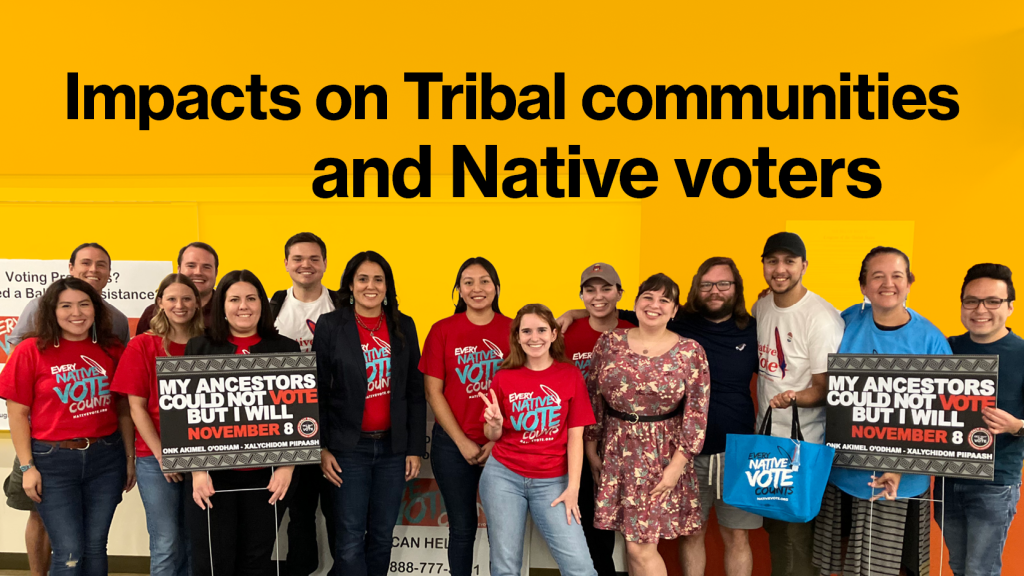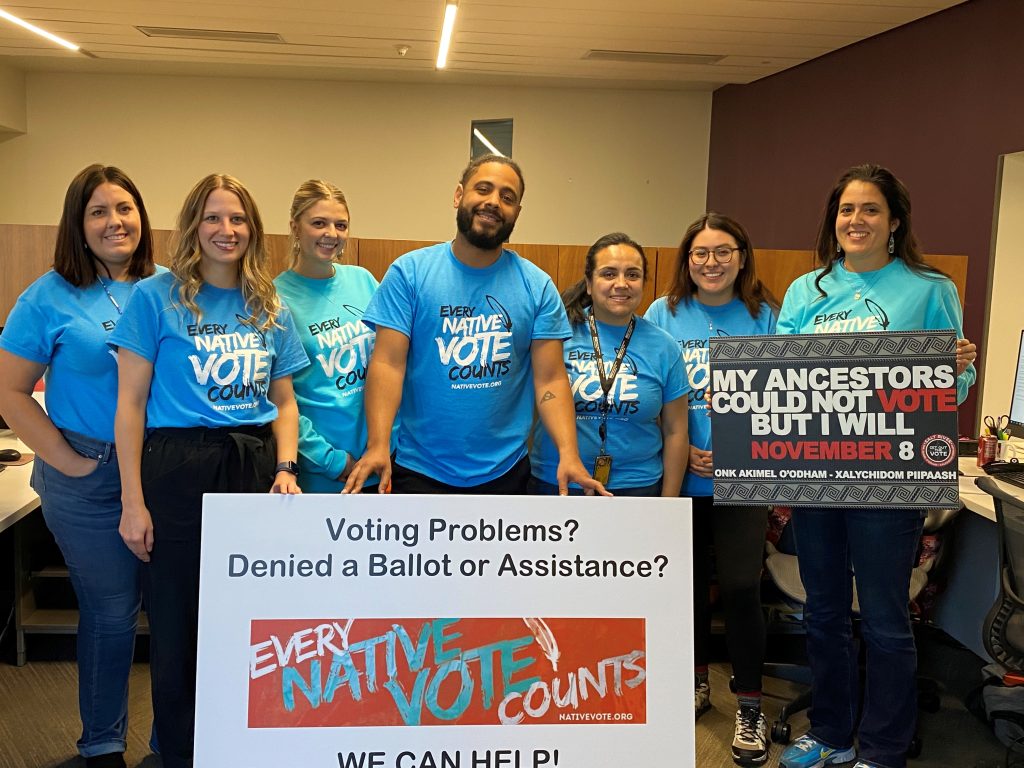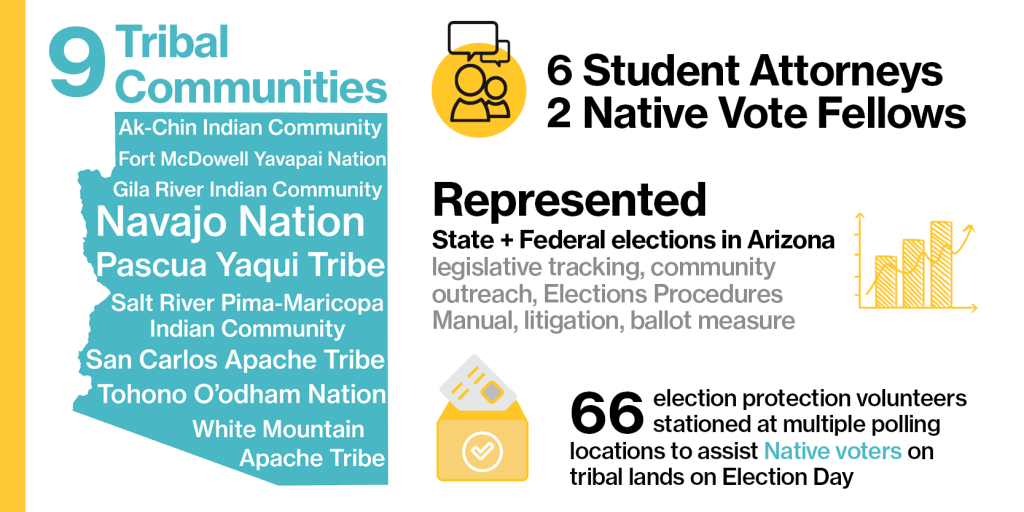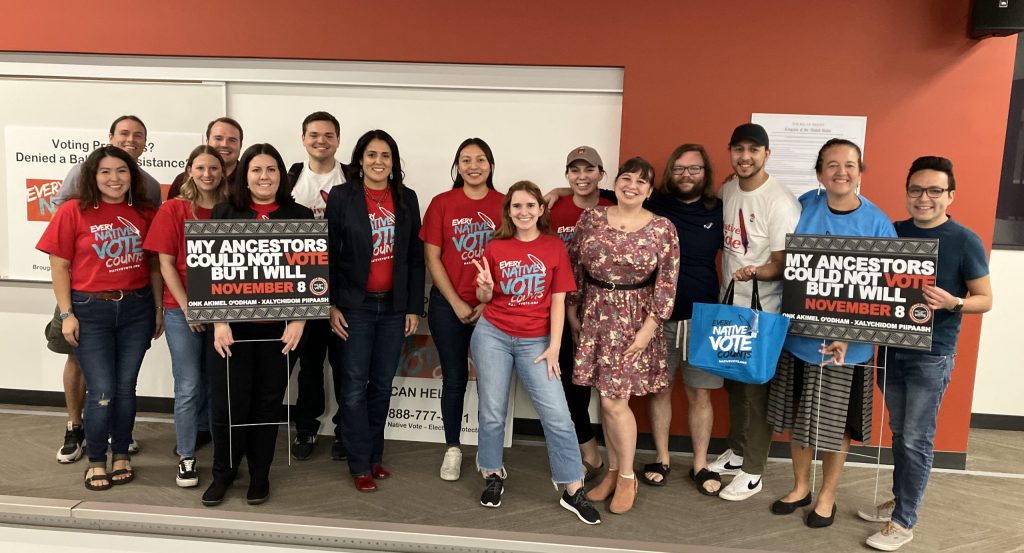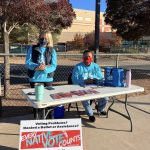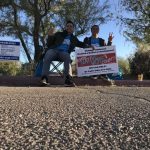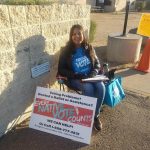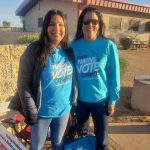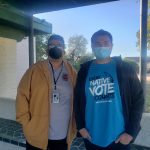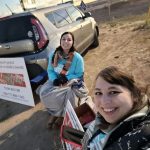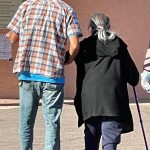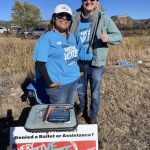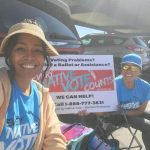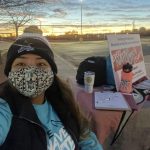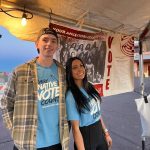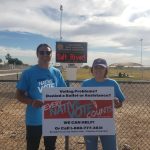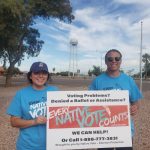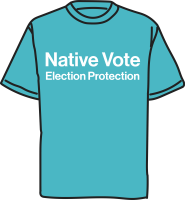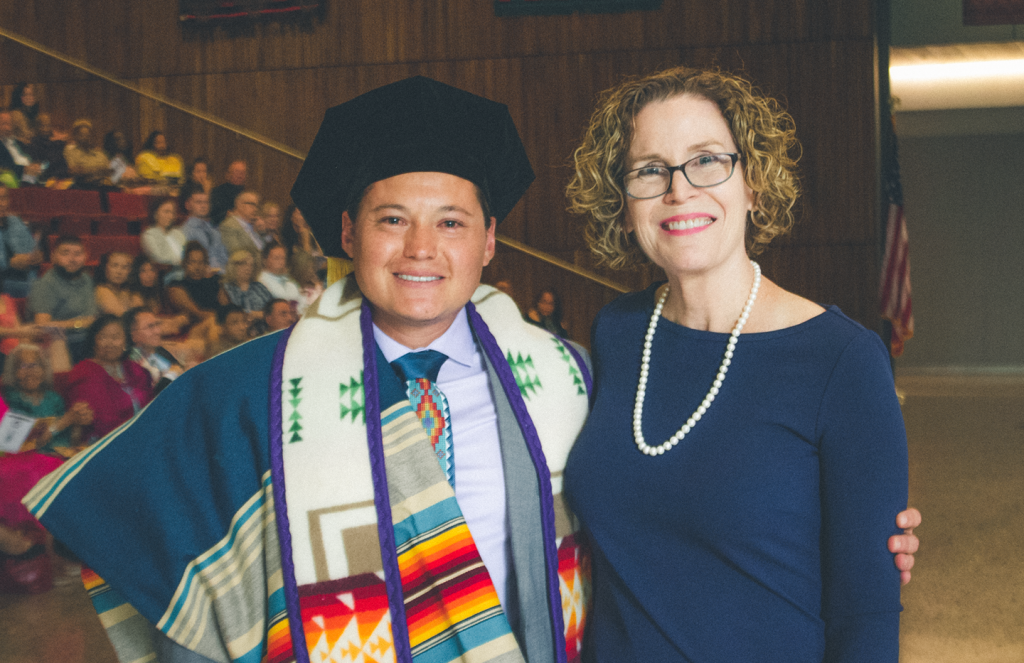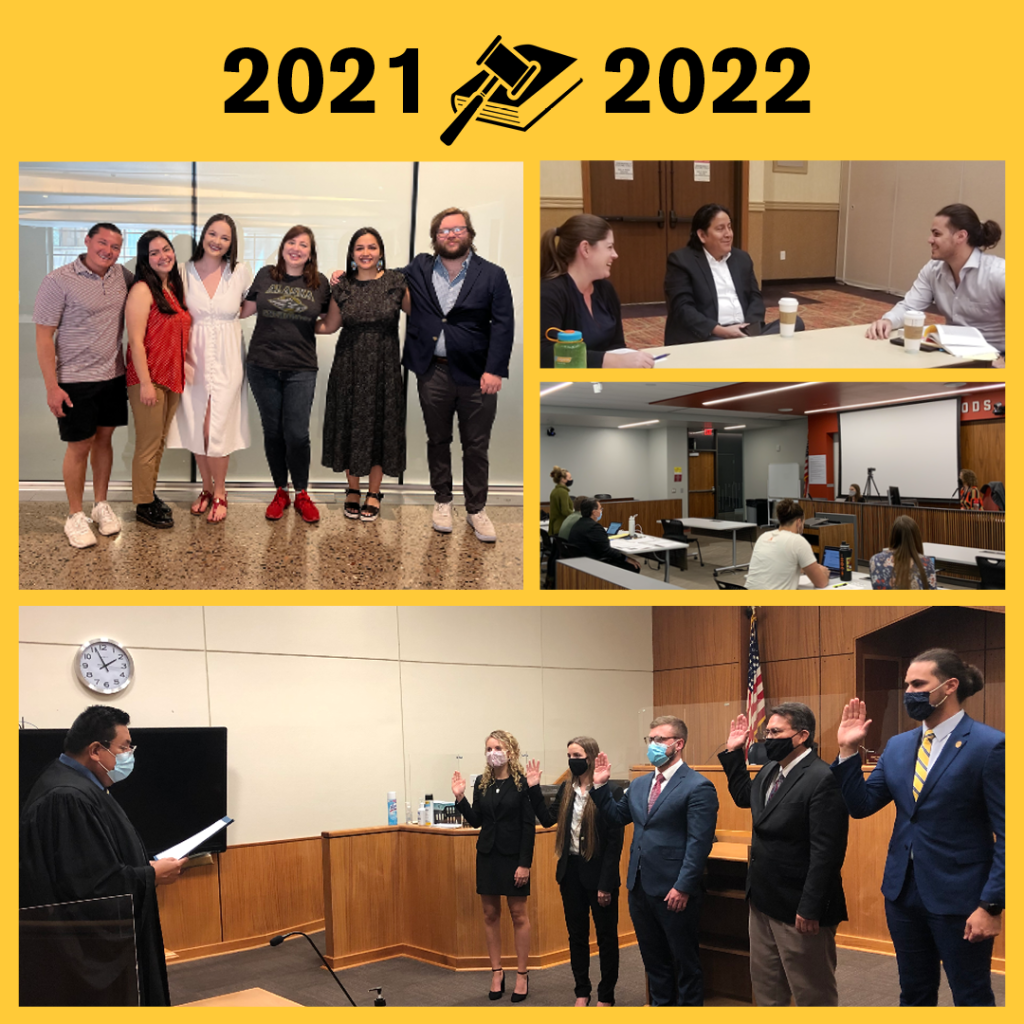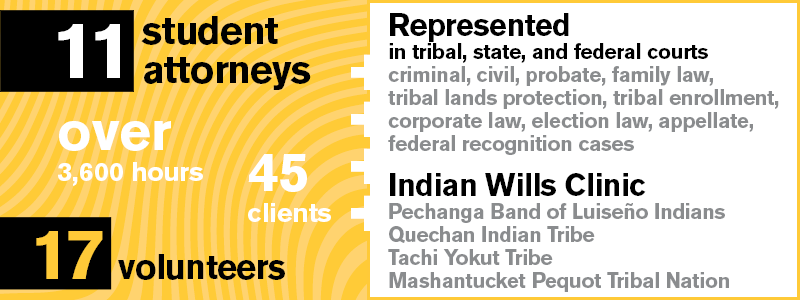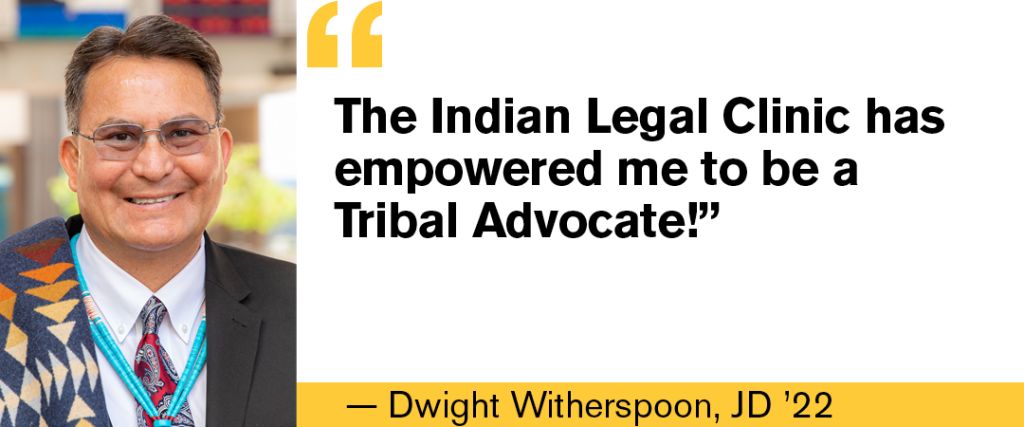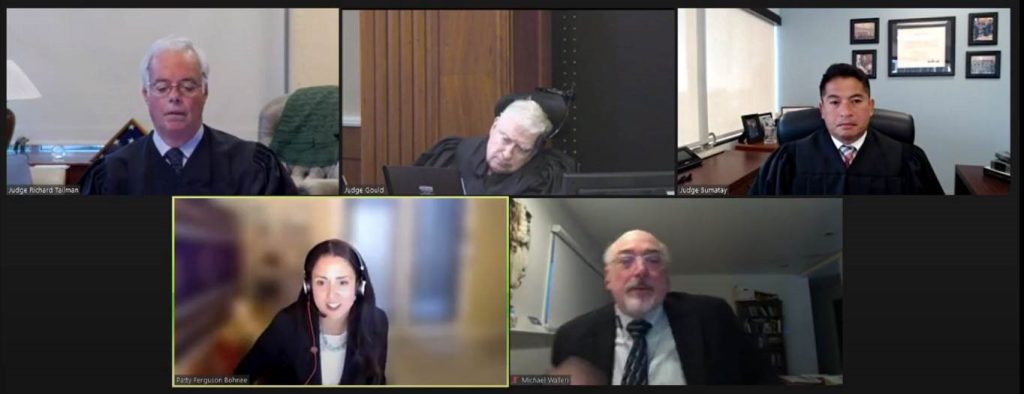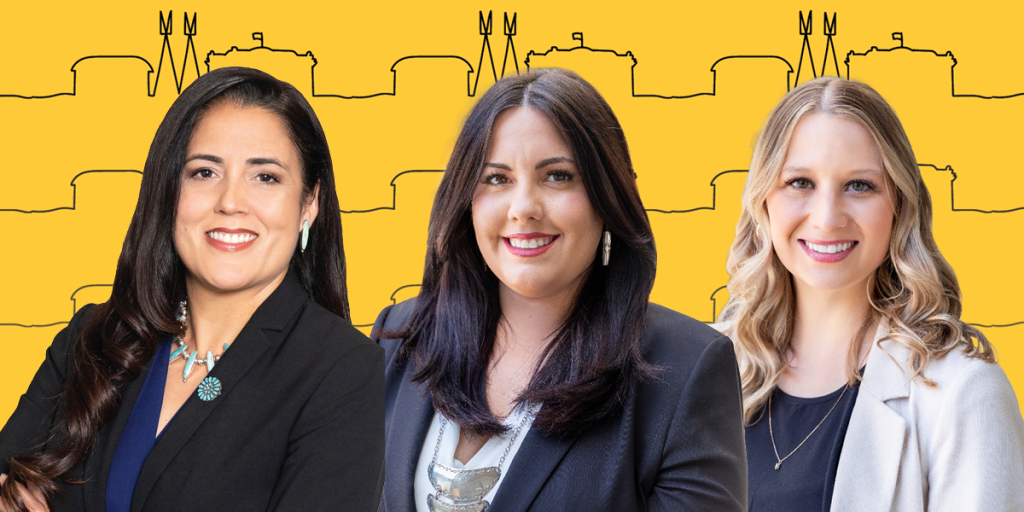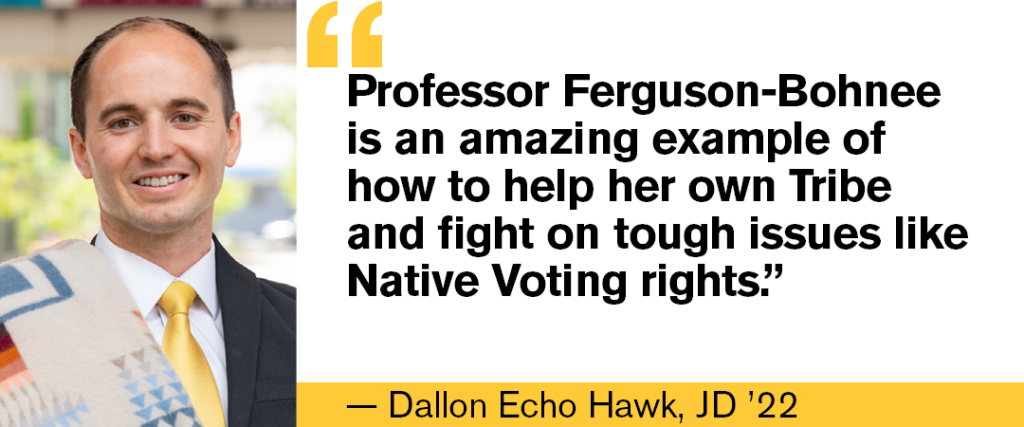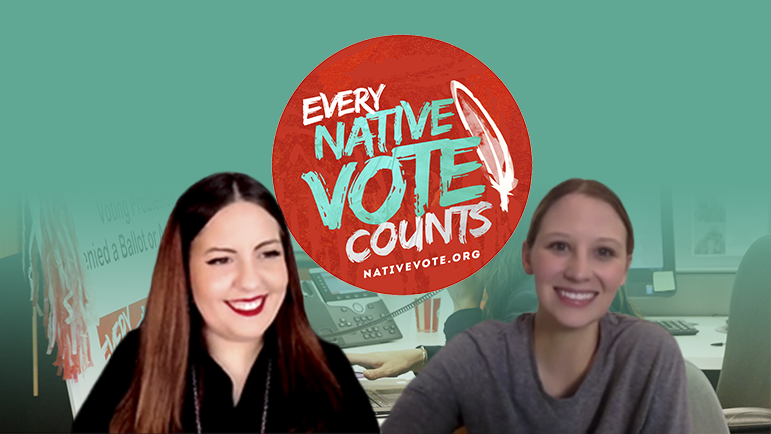This year, Professor Patty Ferguson-Bohnee and Native Vote Fellows Torey Dolan (’19) and Blair Tarman-Toner (’21) worked on a variety of voting rights issues. The goals of the Arizona Native Vote Election Protection Project at ASU Law for this year was to: analyze the 2020 election cycle, track democracy developments in the state legislature and with the Arizona Independent Redistricting Commission, and prepare for the upcoming midterm election.
Mapping & Redistricting
The U.S. Constitution requires states to redraw their congressional and state legislative district boundaries every 10 years following each decennial Census. The goal of redistricting is to protect the constitutional right to “one person, one vote” by ensuring that each district has approximately the same number of people. In Arizona, the Independent Redistricting Commission (IRC) is tasked with redrawing the State’s congressional and state legislative districts.
Why It’s Important for Arizona Native Voters
Ensuring that the redistricting process remains fair is critical for Native American voters in Arizona, as it determines whether voters can elect their candidates of choice into state and federal offices. The redistricting process ultimately determines access to resources as well as a communities’ political representation.
ILC Redistricting Efforts
Tarman-Toner joined the Native Vote team as a Native Vote Fellow and hit the ground running by tracking the Arizona Independent Redistricting Commission as they redrew the State’s congressional and legislative districts. Tarman-Toner tracked the Commission’s deliberations over the course of its fourteen decision-making meetings as well as tracked the public comments made at thirty-two public hearings. The ILC created a redistricting guide, regularly presented to Tribes regarding the redistricting process, and assisted Tribes in drafting public comments. The ILC submitted oral and written testimony regarding compliance with the Voting Rights Act, maintenance of a strong Native American majority-minority district, and respecting reservation boundaries as communities of interest.
Tarman-Toner also created a redistricting summary from the 2021 redistricting cycle to share with Tribes.
Dolan was recently quoted in The Guardian’s article “Redrawn Arizona congressional map drains Native American voting power.”
Litigation
In September 2021, the Pascua Yaqui Tribe reached a settlement with Pima County to restore an in-person early voting location on the reservation. This provides voters living on the reservation an opportunity to vote in-person early, safely, and in their community just as other Arizonans have voted across Pima County for the past four years. The settlement agreement also provides for cooperation on voter registration and outreach. Student attorneys at the time Aspen Miller (’21), Jens Camp (’21) worked with Ferguson-Bohnee and Dolan to prepare for the preliminary injunction hearing in Fall 2020.
In April 2022, ILP legal team defends voting rights in Arizona. ILP advisory council member Judith Dworkin (JD ’86) and Ferguson-Bohnee represented the Inter Tribal Association of Arizona in an amicus brief regarding the constitutionality of early voting. Dolan and Tarman-Toner assisted in drafting the brief.
Testimony and Reports
The Native Vote Election Protection Project actively to protect the rights of Native American voters in Arizona. On October 27, Ferguson-Bohnee testified at the “Voting Matters in Native Communities Hearing” before the Senate Committee on Indian Affairs. Native Vote Fellows Dolan and Tarman helped prepare the testimony that was delivered to the Committee.
Dolan and Tarman-Toner co-authored an article discussing the Native American Voting Rights Act for the Daily Journal.
The team issued its 2018 Native Vote Election Protection Project Report, which details voter issues faced by Tribal voters in the 2018 election.


